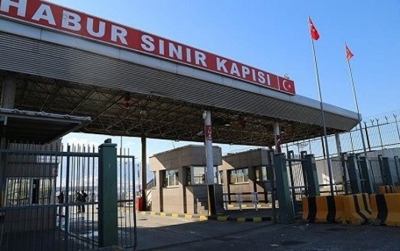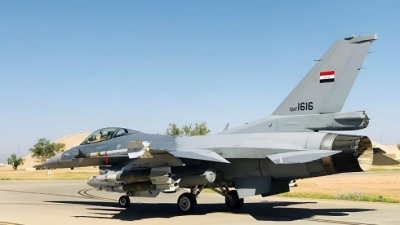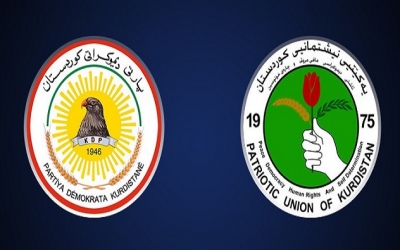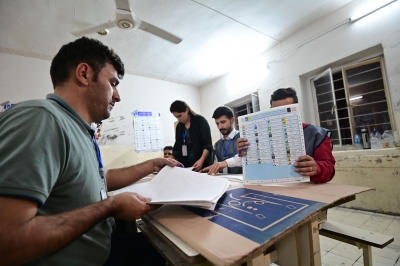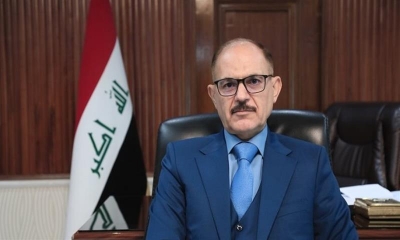x
Latest News
:

When Vladimir Putin first committed himself to the Syrian conflict, many commentators, including myself, thought that he was taking a large and potentially very costly gamble: if he got bogged down in Syria like the Soviets did in Afghanistan, this could well be the end of his regime and that would have spelled trouble for the whole of Russia as well.
But it now seems safe to conclude that his gamble has paid off. Spectacularly so. There are three reasons why this worked out well for Putin: the Russian domestic economy, its regional influence in the Middle East, and its relationship with Europe.
Even as of now, Russia is not in a good place. It was widely reported last year that the Russian economy is in the doldrums. Both the real economy and the government’s revenues in the country are hugely over-reliant on oil and commodities more broadly. The prices of all those things are still at uncomfortably low levels.
And what is more, with the slowdown of China, and the expectation looming around the world that we are heading into a new global slowdown, the chance that oil and commodity prices will bounce back soon is virtually zero. Nor is there anything else in the economic forecasts to suggest that the Russian economy will be boosted by any other factors.
But this is no longer reported on – either in the international media or in Russia. There is precious little Putin can do about fixing the Russian economy in the short term, and he has squandered 15 years of being in government not restructuring the economy away from natural resources and towards high-value, high-growth sectors. But what he can do is distract attention from these facts. And with the intervention in Syria, he is doing that brilliantly.
Secondly, there is the key issue of influence in the Middle East. For decades, regional influence in the region was exercised both by the U.S. and by Russia in the form of backing competing strong-man regimes. With President Obama’s moves towards a more “ethical” foreign policy, and the backing we the West have given to the Arab Spring, many of our client dictators in the region have been toppled: most notably Mubarak in Egypt and Ben Ali in Tunisia.
There are three reasons why this worked out well for Putin: the Russian domestic economy, its regional influence in the Middle East, and its relationship with Europe
Dr. Azeem Ibrahim
The others, such some Gulf states and the Israelis are shifting very uncomfortably in their seats, as the U.S. is not only failing to back them repeatedly, but has also gone out of its way to achieve a détente with their arch-enemy, Iran. There may be very many reasons why the deal with Iran was a good thing. But we must appreciate that many of our regional allies will not be very pleased about it.
By contrast, Russia is sticking by its clients in the region, and is taking significant risks to do so. The Assad regime has been Russian allies for over half a century. And when Syria was threatened, Putin backed them with money, weapons, intelligence, and ultimately, boots on the ground. Regimes in the region are watching very closely.
If Russia succeeds in keeping Assad in office, they will be seen as a much more reliable ally than the U.S. Fragile regimes who do not feel confident that the U.S. has their back may well start gravitating towards the Russian sphere of influence.
Europe’s woes
Lastly, it has already been observed by some commentators that Syria is a huge problem for Europe. And Europe’s woes are Putin’s gain. Let us not forget that Russia is still stuck in a frozen war in Ukraine. Just as it has annexed Crimea, it also continues to wreak havoc on its former client through that war, but also through economic sanctions.
The Europeans have initially provided what for Putin was an unexpectedly robust response to that crisis, and it has led to a breakdown of relations between Putin and Merkel who had been on very good terms before. But the Syrian crisis has been the major factor behind the ongoing European migration crisis. And the migration crisis is tearing the EU and individual EU member states apart politically.
European governments have to contend with the rise of ultra-nationalist factions in their domestic politics, the Schengen agreement of open borders in Europe is teetering on the edge, and the financial burden of absorbing the migration is pushing states like Greece, already economically fragile, ever closer to the abyss. In these circumstances, Europe’s leaders no longer have the time or resources to engage with the Ukraine situation. They have far too many things on their plates just keeping everything together at home.
We are thus left on the defensive, on all these fronts, and Putin can just keep rubbing salt on our wounds, as the West is wobbling. It is hard to conceive how Putin could get more out of the Syrian war than he is already getting.
In case you missed it

